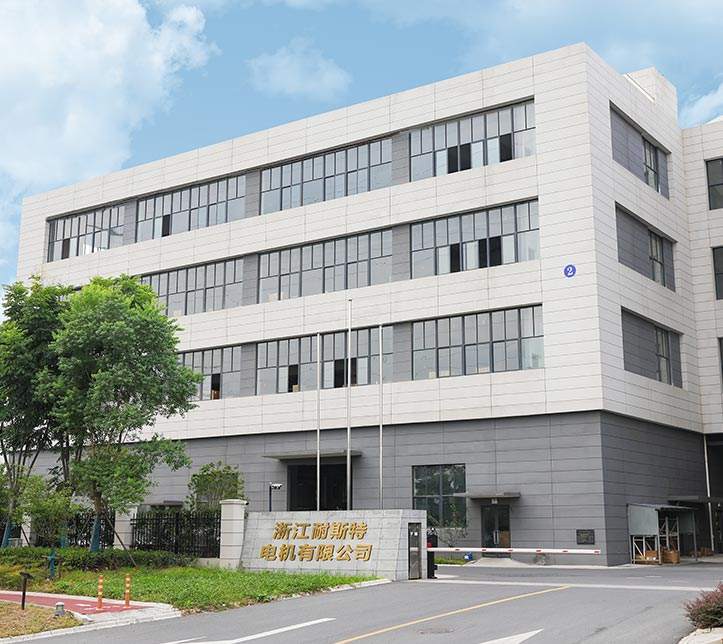Whirring Wonders or Overrated Gadgets? Decoding the Mysteries of Condenser Electronic Fans in HVAC Systems
Condenser electronic fans stand as integral components in the intricate world of air conditioning and refrigeration systems, where their role in enhancing heat exchange is paramount to the overall efficiency and functionality of these systems. The condenser, a critical component within these systems, is responsible for releasing heat absorbed from the indoor space into the external environment. The condenser electronic fan is the unsung hero that facilitates this heat dissipation process, ensuring that the refrigerant within the system undergoes the necessary phase changes for efficient cooling.
At the heart of their functionality, condenser electronic fans work in conjunction with the condenser coils. As the hot and pressurized refrigerant gas enters the condenser coils, the fan comes into action, drawing ambient air across these coils. The air, thus propelled, facilitates the release of heat from the refrigerant, causing it to undergo a transition from a gaseous to a liquid state. This phase change is crucial, as it allows the refrigerant to return to the evaporator coil within the system, ready to absorb more heat and continue the cooling cycle.
What sets condenser electronic fans apart is their electronic control mechanism, a technological advancement that has transformed the landscape of HVAC systems. Equipped with electronic controls, these fans offer a level of precision and adaptability that is essential for optimizing the heat exchange process. The electronic controls allow for the modulation of fan speed based on real-time demands, responding dynamically to changes in temperature, pressure, and system load. This not only enhances energy efficiency but also ensures that the system operates at the most effective level, regardless of external conditions.
One notable feature of many condenser electronic fans is their ability to operate at variable speeds. Traditional fixed-speed fans can be energy-intensive, running at a constant speed even when the system doesn't require maximum cooling capacity. In contrast, variable speed condenser fans adjust their rotational speed based on the specific cooling needs of the moment. This not only results in energy savings but also contributes to a more stable and comfortable indoor environment by avoiding abrupt temperature fluctuations.
Efficiency is a cornerstone of condenser electronic fan design. The electronic components are carefully engineered to convert electrical energy into mechanical work with minimal loss. This efficiency is not only environmentally friendly but also translates into cost savings for the end user. As energy efficiency becomes an increasingly critical aspect of HVAC systems, condenser electronic fans play a vital role in meeting and exceeding regulatory standards and energy efficiency certifications.
In addition to their efficiency, condenser electronic fans often operate with a reduced level of noise compared to their traditional counterparts. The ability to operate quietly is particularly important in residential and commercial settings, where HVAC systems need to provide comfort without disrupting the occupants. The combination of variable speed operation and electronic controls contributes to a more refined and less intrusive user experience.
Durability is another hallmark of condenser electronic fans. These fans are designed to withstand the demanding environmental conditions present in condenser units, including exposure to varying temperatures, humidity, and external elements. The robust construction ensures a long service life, contributing to the overall reliability of the air conditioning or refrigeration system.
Condenser electronic fans come in various sizes and configurations to accommodate the diverse designs of condenser units in different HVAC applications. The size and configuration are selected based on the specific heat dissipation requirements of the system, ensuring that the fan effectively meets the demands of the cooling process.
